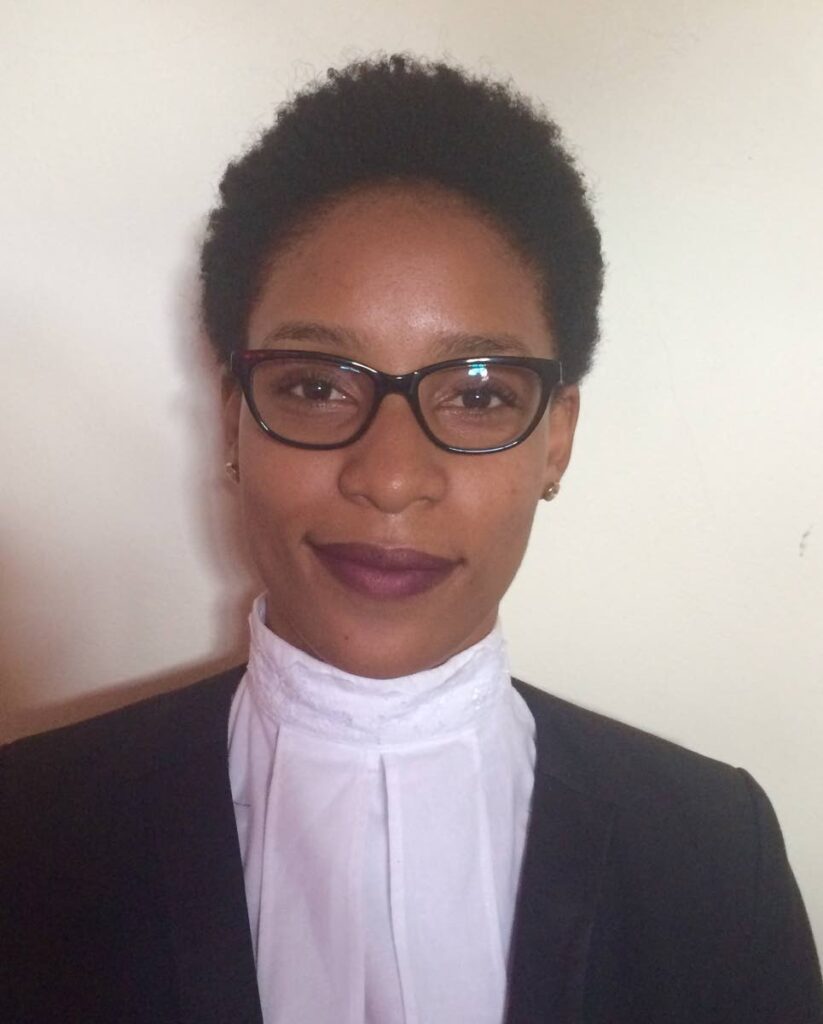What it means to be independent

Kanisa George
Sixty years as an independent nation, what a remarkable feat. The vibrancy of our spirit and the creativity in our veins are undoubted only two facets that make us distinct.
Admittedly, while the road ahead is plagued with some uncertainty, the red, white, and black will continue to embody the soul of our nation and that vivacious Trinbagonian soul that can never be put out.
Although August 31, 1962 is unique to our country's fabric, the term independence isn't. Instead, we are merely part of a long list of countries that envisioned a life of freedom, where every race could find an equal place or something like it.
But what does it mean to be an independent state? How do you even become independent, and what rules must be followed?
As recent as 2011, South Sudan was declared the newest internationally recognised country in the world by way of its independence. In an overwhelming vote by way of referendum southern Sudanese voted in a referendum to become an independent nation and quickly became the newest member of the United Nations. But this isn't an everyday phenomenon, and even when the process is underway, it is sometimes rife with political instability and warfare; take Catalonia, for example. There aren't any rules per se concerning a nation becoming independent, yet there are a few entrenched principles generally followed by international law.
The Montevideo Convention of 1934 defined a state as a sovereign unit that could meet four benchmarks – having a permanent population, defined territorial boundaries, a government, and the ability to enter into agreements with other states.
There is no doubt that a permanent population with a concept of and belief in their nationality, and a defined territory are important pieces to the puzzle. Yet some might argue that a stable and effective government with the ability to conduct relations with other states is by far the most important requirement, as a large part of becoming an independent state is recognition by other states.
One of the biggest hindrances to this process is where there is resistance from the country the other wants to secede. In TT, the lowering of the Union Jack with the British Crown's blessings signified freedom, and the end of a long road started in 1924 when rights to vote were granted in our country. But what it also meant was international recognition.
For some nations, however, freedom isn't so easily garnered.
Because there must be clear evidence that a majority of people have freely chosen independence, Scotland could not trigger steps to its independence following a 2014 referendum where the majority voted to remain in union with England and Wales.
Taiwan, a democratic state in spirit since 1947, has functioned as an autonomous state for decades without truly being recognised. Although democracy is the order of the day, China's President Xi JinPing regards Taiwan as a province and has pressured countries to have no diplomatic relations with them.
Being recognised by individual countries is one thing, but nothing beats the ultimate goal of being recognised by the UN.
In 1945 there were 51 states recognised by the UN. Today there are about 193 who benefit from the protection of international law, access to loans from the World Bank and the IMF, border control and greater access to economic networks. Yet of all the benefits, strength in numbers, some argue, far outweigh the rest, and for many being part of a body that strives to ensure the development and protection of a country’s people is enough to help a nation prosper.
A right that holds significant weight in the process of independence is the idea of self-determination. This right was enshrined in the UN Charter in June 1945, and several international law scholars believe this concept underlies the idea of a nation-state. It is defined as the action of a people in deciding its own form of government, a free determination of statehood postulated as a right.
According to the BBC, self-determination was initially seen as a way for people living under colonial regimes to gain independence or choose some form of association with the former colonial power or another state. What isn't clear about the right is that there isn't consensus on its meaning.
There is some confusion, for, many international law jurists believe that after a colony gained independence, further separations or consideration of border changes were out of the question. From a practical standpoint, this seems to run against the idea of self-determination.
For TT, becoming an independent nation meant that we were now free to conduct our affairs without the involvement of British rule. With that came our constitution, emblems, currency and passport. And while the road to independence wasn't paved with significant political upheaval and violence, the great men and women of the pre-independent era sacrificed blood, sweat and tears to raise the red, white and black high. And that is something we should look upon with great pride.


Comments
"What it means to be independent"